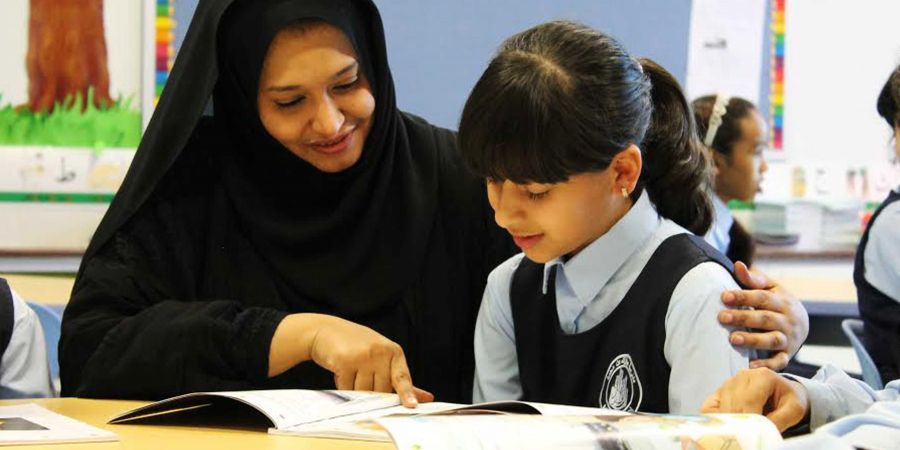

Transformation of Education in UAE: A Timeline
Albert Einstein pointed out that “Education is not the learning of facts, but the training of minds to think”. Recently UAE has come a long way from rustic schools with minimum infrastructure to technologically advanced smart board classrooms.
History in Education:
Although UAE was born in the year 1971, after seeing the drastic change in their education system, it is surprising how far they have come. They developed local education and made free-for-all Emiratis.
They deemed earlier education as legitimate within this cultural text. But now they have embraced the importance of public education to stabilize religious and cultural norms.
Challenges in Education:
The education system is comparatively new. In the 1960s and 1970s, a school building program expanded the education system. Now education has become universal at the primary and secondary levels.
There are various stages of Education in the UAE:
· Kindergarten–4 to 5 years
· Primary Education–6 to 12 years
· Preparatory Education–12 to 15 years
· Secondary Education–15 to 18 years
· Technical Secondary School–12 to 18 years
· Tertiary Education–Non-University Level
Pre-primary and Primary Education
Emirati families are prone to be large. Emirati women normally stay at home to take care of their younger children or provide childcare for their young relatives. Childcare facilities are unusual and demand for them is unassuming. Hence, females make up only 13 percent of UAE citizens in the workforce. But it changed in course of time and separate school for girls are common now.
They ranked UAE forty-fifth in the United Nations Human Development Index for the year 2000, based on income, educational standards, life expectancy, and health care. They assessed this index out of 174 countries worldwide.
Education for 2020 generation
The Ministry of education has named “Education 2021” wherein it focuses on a series of three- years plan to introduce advanced education techniques, improve innovative skills, and focus more on self-learning abilities. Previously, it has enhanced the curriculum for mathematics and integrated science for first grade from the year 2003 in all government schools.
It has set education standards for undertaking new policies, programs, and initiatives. UAE government believes because of the poor grasp of English, it becomes a barrier to employment for its nationals globally.
Over the years, the Government has continued to launch initiatives benefitting students. At the World Government Summit in 2017, when His Highness Sheikh Mohammed bin Rashid Al Maktoum, launched a free educational platform for 50 million students around the Arab world, he said, “Priority is Education, second priority is education, and third priority is education.” He then added that “Providing high-quality education in science and math to all Arab students is integral to rebooting our civilized development; E-learning is the fastest way to bridge an educational gap in the Arab world.”
Growth in the private school sector
The private school sector in the UAE has increased the drive in the education market to 2020. They expect a requirement of over 175,000 additional seats in the K-12 segment for the next three years, and they believe that 90 percent of this will come mainly from private school enrolment.
Another serious challenge faced in the education sector is the continuation of Arabic education in private schools. They found expatriate students graduate from schools without fluency in the language, although Arabic is the fifth most commonly spoken language in the world.
Lately, classroom installation with labs in Science, Technology, Engineering, the Arts and Mathematics (STEAM) in UAE schools. In the future, there is a proposal that classrooms will be a fusion of both traditional teaching ethics and values with modern technology learning tools and delivery methods.
In recent years, the country has progressed with efforts of high literacy rates, modern technology, and women’s share in education. UAE currently devotes 25 percent of total federal government spending to education, that’s why they set an agenda for 2021.
To conclude, UAE has shown drastic improvement in education. In the future, it has ideas like distributing learning spaces, personalized learning pathways, access to mentors and real-world learning, great emphasis on project-based learning, less focus on content and more focus on future fluencies in English and 21-century schools, greater opportunities to solve problems in real-world, teachers as mentors and facilitators, emphasis on cross-curricular learning and greater use of online tutoring apps and online educational platforms.












